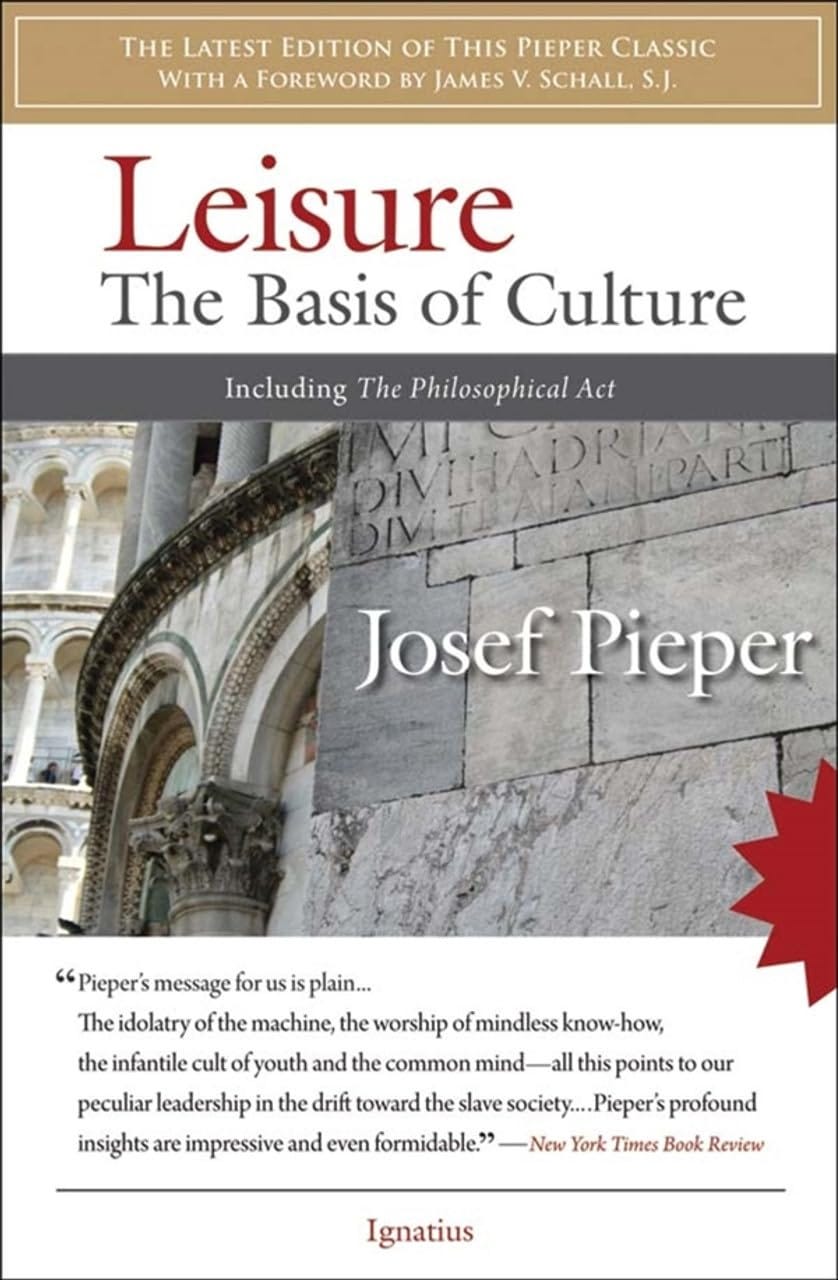Books Worth Your Time, Vol. 9
Hogswatch on Boxing Day; leisure, considered; European Zoom calls; conspiracies
Welcome to the latest installment of Books Worth Your Time. This volume is mostly centered on fiction – that’s what I’ve been reading lately we round out the year – but we’ll start with a work of philosophy.
Before we get to the books, however, I’d like to remind you that in January we are resuming our read-along of The Human Condition. Here’s the schedule for that.
November 25: Chapter 1: The Human Condition
December 2: Chapter 2: The Public and The Private Realm
December 9: Chapter 3: Labor
December 15: Members-Only Zoom Call (8PM Eastern)
December 16: Chapter 4: Work
December 23: Reading Week
December 30: Reading Week
January 6: Chapter 5: Action (§24-29)
January 9: Members-Only Zoom Call (3PM Eastern)
January 13: Chapter 5: Action (§30-34)
January 19: Members-Only Zoom Call (8PM Eastern)
January 20: Chapter 6 The Vita Activa and The Modern Age (§35-40)
January 27: Chapter 6 The Vita Activa and The Modern Age (§41-45)
February 3: Final Thoughts
Note that for the next two weeks, we don’t have assigned readings. I’ve left a gap in the schedule so that people can rest, catch up with the read, and so on.
Also, note that I’ve added another Zoom call on January 9 at 3PM Eastern. That’s intended to help those in European timezones join the call, though anyone can join. This is a trial run to see if occasional afternoon (for me) calls should be added to the schedule.
Josef Pieper’s Leisure, the Basis of Culture should have been mentioned in an earlier post on the best books I read in 2024, in part because the criterion for that list was simple: I highlighted books I knew I would read again in the future. Pieper’s Leisure gets on the list by default, as I’ll be re-reading it in January.
More an essay than a book, really, Pieper is concerned with the rise of what he calls the world of ‘total work.’ This is a world in which we think of ourselves primarily as workers and have lost sight of leisure. This is a spirited defense of the leisurely life, properly understood. Anyone who has enjoyed Arendt’s The Human Condition will enjoy this, and I would venture to say that many of you will prefer Pieper’s Aristotelian musings.
Quite short, as I mentioned, so perhaps you could read it before the new year.
Keep reading with a 7-day free trial
Subscribe to Commonplace Philosophy to keep reading this post and get 7 days of free access to the full post archives.





